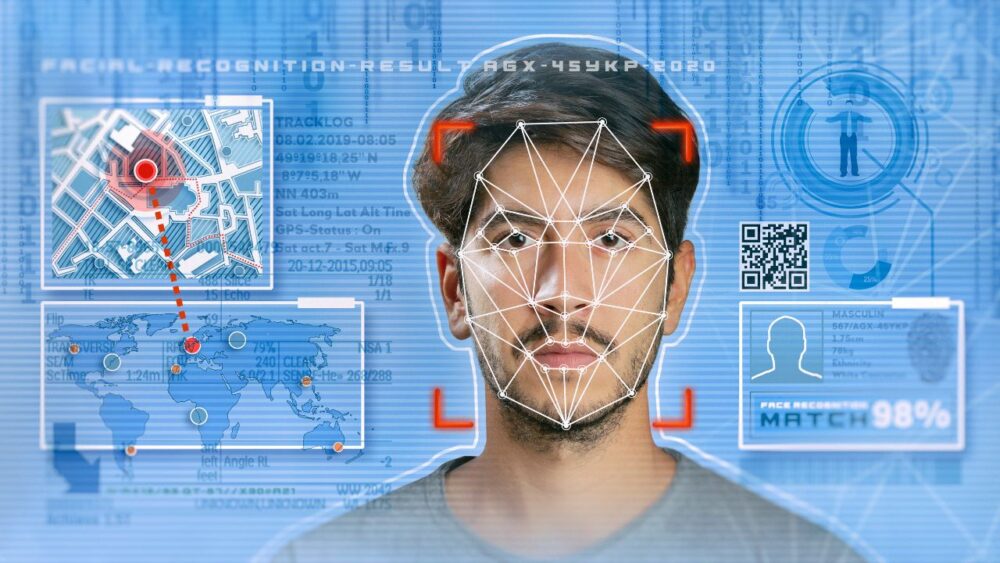Amazon’s home security company Ring will introduce facial recognition technology to its doorbells and video cameras, sparking debate over privacy and consent.
The new feature, called “Familiar Faces,” will roll out in December for new Ring devices. Users can tag people who appear on their cameras — such as friends, neighbors, or delivery drivers — and receive customized alerts when those individuals return.
Ring spokeswoman Emma Daniels said the company designed the feature to give customers control while complying with laws that “may require obtaining consent prior to identifying people,” according to The Washington Post. She emphasized that the technology will remain off until users enable it.
Privacy advocates, however, argue that the tool could infringe on the rights of individuals who never consented to having their faces scanned. Calli Schroeder, senior counsel at the Electronic Privacy Information Center, called the feature “invasive for anyone who walks within range of your Ring doorbell.” She added, “They are not consenting to this.”
Experts warn that the feature could store and compare faceprints — mathematical patterns that represent unique facial features — without individuals’ permission.
Adam Schwartz, privacy litigation director at the Electronic Frontier Foundation, said the feature captures biometric data from unsuspecting people.
“It’s troubling that companies are making a product that by design is taking biometric information from people who are doing the innocent act of walking onto a porch,” Schwartz said.
The company stated that the feature will not be available in Texas, Illinois, or Portland, Oregon, due to local restrictions on biometric data collection. Both Texas and Illinois require companies to obtain permission before collecting faceprints or fingerprints.
Critics question whether facial recognition technology is worth the privacy risks. Schroeder said users can already verify visitors by simply checking live footage. “It’s good enough to peek outside or check regular camera footage rather than rely on error-prone facial recognition,” she said.
Privacy experts also warn of potential misuse, data theft, or law enforcement access to personal face databases. Despite past criticism, Ring insists that privacy and security improvements remain a top priority.


